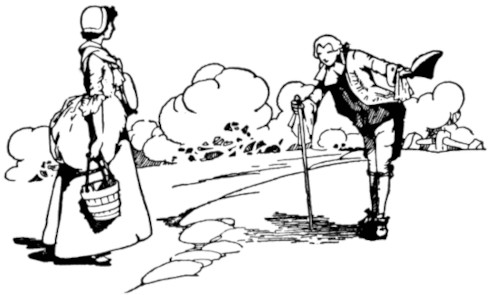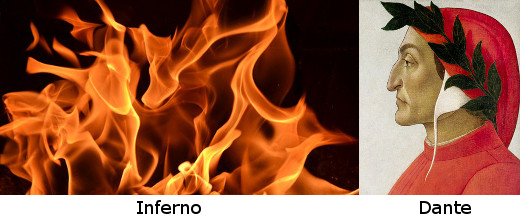Oscar Wilde? Margaret Butler? Geraldine Grove? Lord Chesterfield? John Wayne? Christopher Hitchens? John Cleese? Anonymous?

Question for Quote Investigator: Books of etiquette once provided a definition of a gentleman that included the following assertion:
A gentleman never insults anyone intentionally.
The clever addition of a two-letter prefix humorously spun the definition:
A gentleman never insults anyone unintentionally.
This statement is often attributed to the famous wit Oscar Wilde. Would you please examine this quip?
Reply from Quote Investigator: This joke is difficult to trace because it can be expressed in many ways. Here is a sampling:
- The well-bred man is never rude unintentionally.
- A gentleman is a man who never gives offense unintentionally.
- Only very ill-bred people are rude by accident.
- A gentleman is never rude unintentionally or by accident.
The earliest match located by QI appeared in “The Bedfordshire Mercury” of England in June 1899 within an article titled “Pleasant Paragraphs” which listed miscellaneous anonymous items of wit and humor. Boldface added to excerpts by QI:1
The well-bred man is never rude unintentionally.
This item appeared in several newspapers in England during the ensuing months and years. For example, in December 1900 the item appeared in “The Widnes Examiner”,2 and in February 1901 it appeared in the “St. Helens Examiner”.3
Oscar Wilde died in in 1900, and he was linked to the quip by 1929, but that was very late. QI has not yet found any substantive evidence that Wilde created or used this joke.
Here are additional selected citations in chronological order.
Continue reading “Quote Origin: A Gentleman Is a Man Who Never Gives Offense Unintentionally”
